Working at St. Vincent’s Cancer Hospital heightens my awareness of how one appointment to the doctor’s office can change the whole course of your life. Recently, Joan Rivers died of a complication after a routine endoscopy. Endoscopies are important because they check for diseases like gastrointestinal cancer and Barrett’s esophagus, which can lead to esophageal adenocarcinoma, a cancer that can often be fatal. [1] How often, though, do these types of investigative procedures lead to worse outcomes than the actual disease itself? In Joan River’s case, she may have opted for the alternative, a longer life!
We are told that these routine procedures can keep us healthy. I, too, thought that my husband, whose Grandfather died of colon cancer, should get a colonoscopy every year, until I read the article in Time magazine titled “The Danger of Hunting for Cancer” by cancer surgeon Marty Markary. The statistics he hits us with are shocking to say the least. In his article he states, “On a national level, unintentionally harming patients in the process of trying to improve their health now ranks as the number three cause of death in the U.S. – ironically just after cancer.” So if you don’t die from cancer itself, you may likely die from trying to find it. I am not against screening for cancer or other diseases, but do we need to be screening as much and as often as we do?
For women like myself who are around their 40’s, we have been told a million and one times to get a mammogram and check for breast cancer starting as early as 35 years of age. How should we feel about the recent study that proved that low risk women who received an annual mammogram did not live any longer than those who didn’t receive annual mammograms[2]? Do I really want to expose myself to radiation and an unpleasant procedure if it doesn’t increase my life span? We are exposed to radiation via airplane travel, x-rays, CTscans, the earth’s own radiation, and possibly cell phones. Do I need one more toxic exposure if I may likely get a false positive or worse, a false negative? I have chosen to get thermograms, which have no radiation exposure and are not invasive. Once my thermogram alerts me to any change in my breast tissue, then I will consider a mammogram. If you’re interested in how thermograms can serve you best, check out this site.
I’m inclined to put more of my efforts towards preventative action by taking care of myself and making sure I feel my best. I’m putting my time and money into eating well, yoga classes, meditation CD’s, healthy entertainment, and health education. I know that exercise, sleep, and a positive attitude make me feel infinitely healthier than worrying about what cancer or disease I might have or get. I use acupuncture when I’m sick or have an ache, and use it at times that I need an overall boost or need to de-stress from the daily grind.
Many of these relatively new preventative rituals, like taking aspirin, which another large study found that among low-risk adults, a daily aspirin kills as many people from bleeding as it saves from cardiac death[3], are perhaps not as safe as the medical community once thought. As an Acupuncturist, I have put my trust into a 5,000-year-old medicine that has been used on millions, if not billions, of people before me. If it hasn’t been killing people after thousands of years and millions of patients, I think I’m safe.
Check out the article “The Danger of Hunting for Cancer”
__
Image Credit: mirror.co.uk

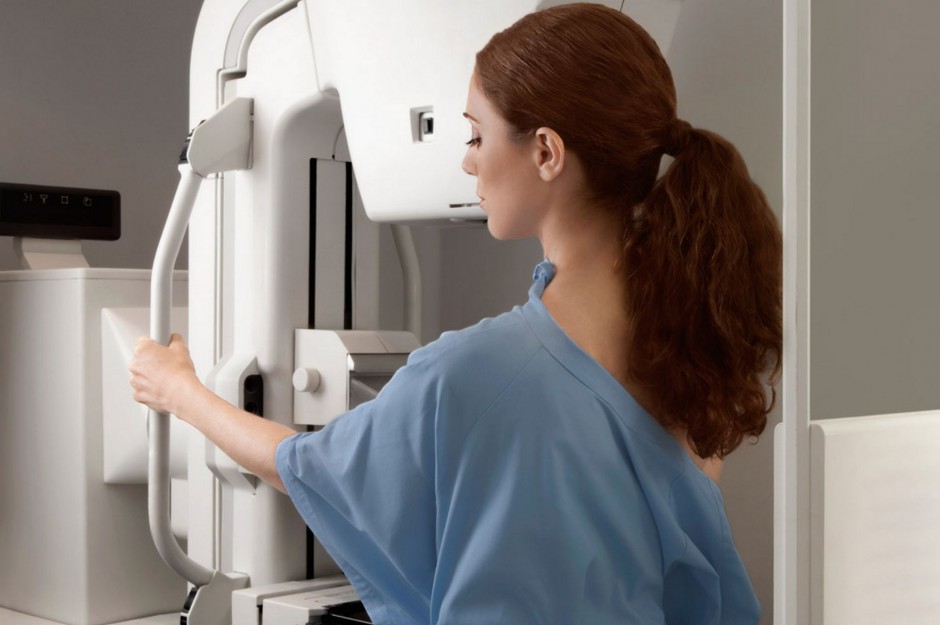
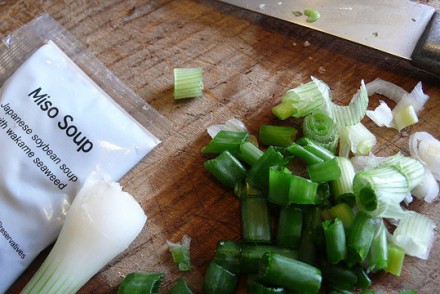
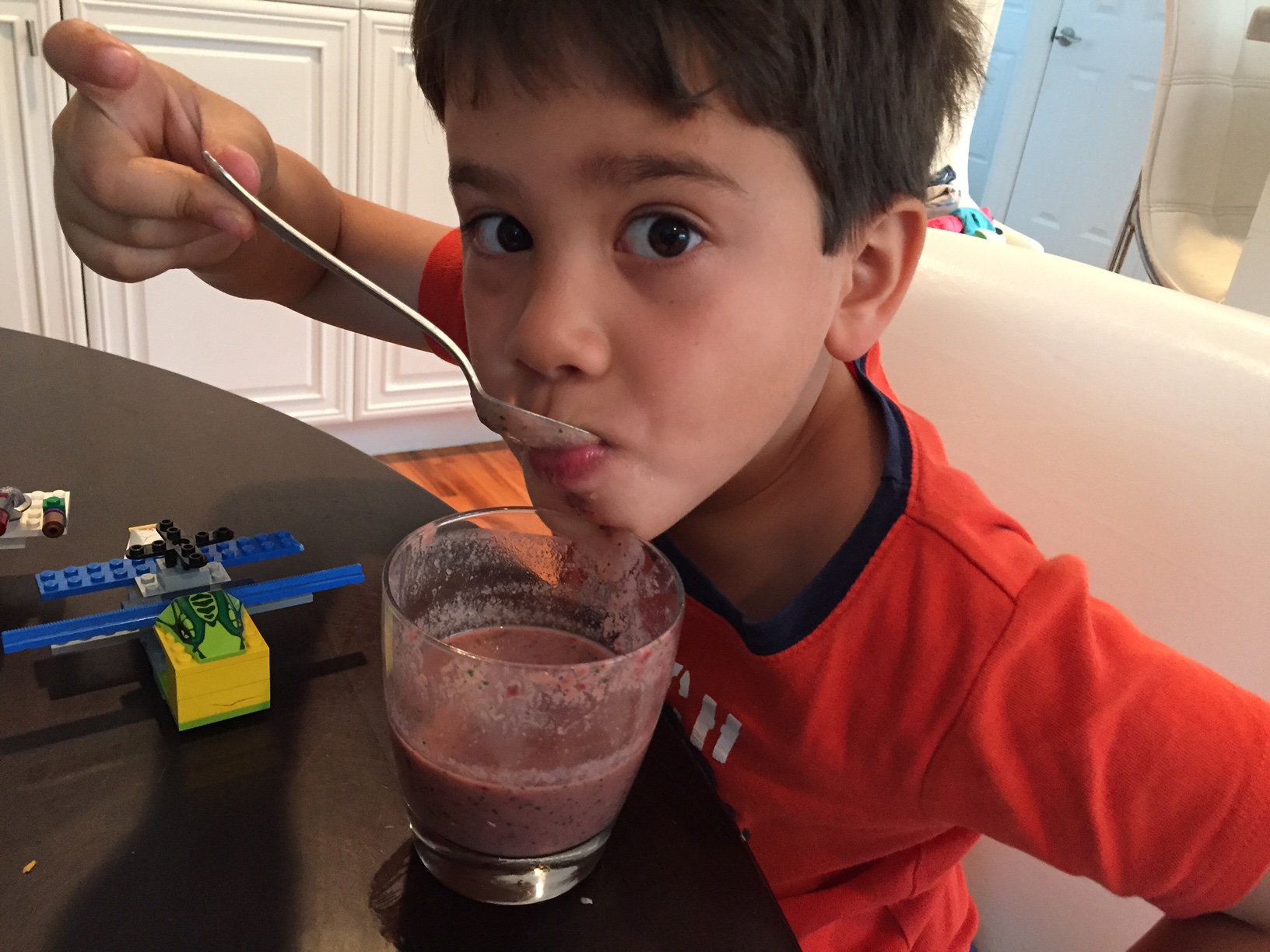
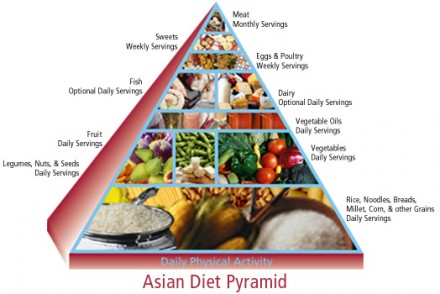
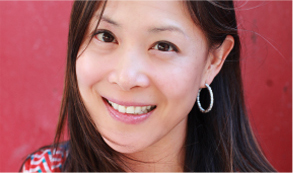

No Comments